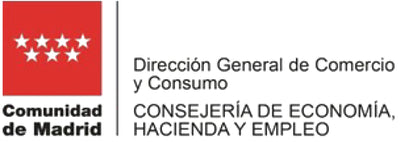¿Qué es el minimalismo en diseño de producto digital?
Antes de hablar de minimalismo en diseño de producto digital, debemos de empezar hablando de usabilidad.
"La usabilidad se define como la medida en la cual un producto puede ser usado por usuarios específicos para conseguir objetivos con efectividad, eficiencia y satisfacción en un contexto determinado."
Partiendo de este descripción, se definieron un total de 10 principios de usabilidad que sirven como pautas generales para la creación de interfaces gráficas.
Entre estos principios podemos destacar el número 8, "Diseño estético y minimalista". Según este principio, las interfaces no deben contener información irrelevante o que rara vez se necesite. Es decir, el diseño minimalista solo muestra la información que el usuario necesita en ese momento. Rechaza el ornamento y lo decorativo, ya que cada unidad adicional de información acaba compitiendo con la información relevante, generando un menor visibilidad del mensaje principal. En Minimalism lo aplicamos en nuestra Home y en nuestras Páginas de producto.
Un diseño minimalista no significa que todo tenga que estar en blanco y negro, el diseño estético y minimalista busca una jerarquía lógica del contenido para que el usuario cumpla su objetivo de la forma más sencilla posible.
El diseño minimalista pone foco en el contenido más que en el contenedor. En el diseño minimalista el contenido es el rey, por lo que cualquier ruido externo que genere distracciones es rechazo. En el diseño minimalista todo debe responder a un porqué, debe tener un propósito, una función. Conoce los porqués de Minimalism
Este principio minimalista también se puede aplicar a nivel de negocio. Cuando eliminas todo lo superfluo te queda la esencia, tus valores... que es lo realmente importante, y con lo que conecta la gente.
Sigue este enlace si quieres profundizar en los 10 principios de la usabilidad de Jakob Nielsen
Nuestros packs de algodón orgánico más vendidos



















